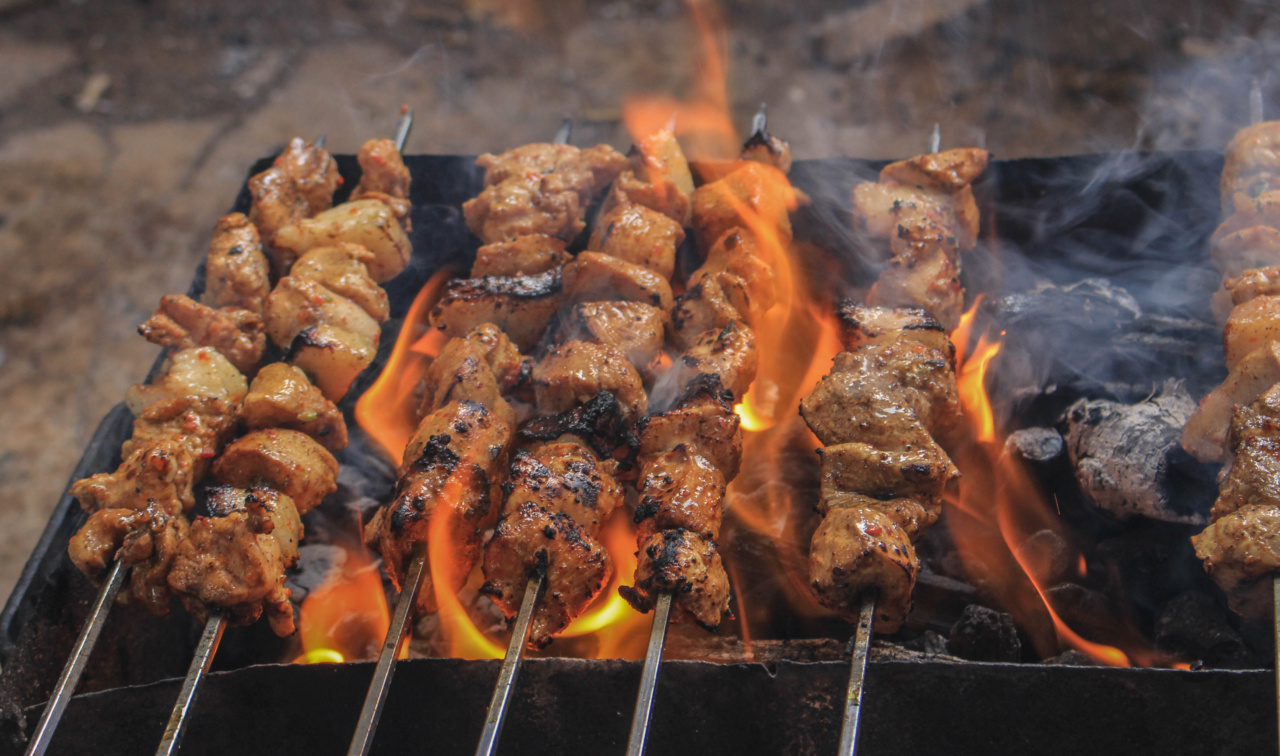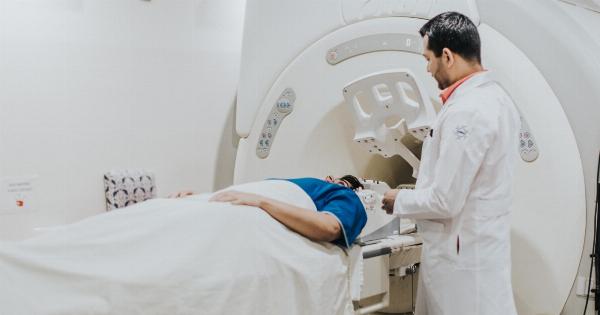Charcoal grilling is a popular cooking method that many people enjoy, especially during the summer months. The aroma and taste of food cooked over charcoal can be truly delightful.
However, while charcoal grilling can provide a unique and delicious flavor, it is important to be aware of its potential health effects. In this article, we will explore how charcoal grilling can affect your health and provide you with some tips on how to enjoy this cooking method safely.
1. Formation of Harmful Chemicals
When you grill food over charcoal, high temperatures are used to cook the meat. However, this process can lead to the formation of harmful chemicals such as polycyclic aromatic hydrocarbons (PAHs) and heterocyclic amines (HCAs).
These chemicals are formed when fat from the meat drips onto the hot charcoal, causing smoke and flames to rise.
2. Potential Carcinogenic Effects
PAHs and HCAs have been classified as potential carcinogens by organizations such as the International Agency for Research on Cancer (IARC).
Studies have linked the consumption of food cooked at high temperatures, particularly grilled and barbecued meats, to an increased risk of certain cancers, including colorectal, pancreatic, and prostate cancer.
3. Increased Exposure to Smoke
When using a charcoal grill, you are exposed to the smoke produced during the cooking process. Inhaling smoke can introduce harmful chemicals into your lungs and respiratory system.
Prolonged exposure to smoke from charcoal grills has been associated with an increased risk of respiratory problems, including chronic bronchitis and asthma.
4. Production of Advanced Glycation End Products (AGEs)
Another potential health concern associated with charcoal grilling is the production of advanced glycation end products (AGEs). AGEs are formed when proteins and sugars react at high temperatures.
They have been linked to chronic diseases such as diabetes, cardiovascular disease, and Alzheimer’s disease.
5. Risk of Food Contamination
Improper charcoal grilling techniques can increase the risk of food contamination. It is important to ensure that the meat is cooked thoroughly to kill any harmful bacteria.
Consuming undercooked or contaminated food can lead to foodborne illnesses, such as Salmonella and E. coli infections.
6. Air Pollution
Charcoal grilling can contribute to air pollution, especially in residential areas. The smoke and particulate matter released from the burning charcoal can negatively impact air quality, potentially causing respiratory issues for those living nearby.
7. Potential for Carbon Monoxide Poisoning
Charcoal grilling should always be done in well-ventilated areas to prevent the buildup of carbon monoxide (CO) gas. CO is a colorless and odorless gas that can be produced when charcoal burns.
Inhaling high levels of carbon monoxide can lead to symptoms such as headaches, dizziness, and nausea, and in severe cases, it can be fatal.
8. Tips for Safe Charcoal Grilling
While there are potential health risks associated with charcoal grilling, you can still enjoy this cooking method safely by following these tips:.
a) Limit Grilling Time
Reducing the amount of time meat is exposed to high temperatures can help minimize the production of harmful chemicals. Precooking meat in an oven or microwave before grilling can significantly reduce grilling time.
b) Use Lean Cuts of Meat
Fatty meat tends to produce more drippings, which can lead to the formation of harmful PAHs and HCAs. Opt for lean cuts of meat to reduce the fat content and minimize the risk of chemical formation.
c) Marinate Your Meat
Marinating meat before grilling has been shown to reduce the formation of PAHs and HCAs. Choose marinades that contain acidic ingredients, such as lemon juice or vinegar, as they can help reduce the formation of harmful chemicals.
d) Keep the Grill Clean
Regularly cleaning your grill can help prevent the buildup of charred residue, which can contain harmful substances. Use a grill brush to thoroughly clean the grates before and after each use.
e) Maintain Proper Ventilation
Always ensure that you grill in a well-ventilated area to minimize your exposure to smoke and carbon monoxide. Grilling outdoors or in a well-ventilated indoor area with open windows or an exhaust fan can help dissipate any smoke or gas produced.
f) Cook Meat Thoroughly
Properly cooking meat is essential to kill any harmful bacteria and reduce the risk of foodborne illnesses. Use a meat thermometer to ensure that the internal temperature of the meat reaches the recommended safe temperature.
9. Conclusion
Charcoal grilling can be a flavorful and enjoyable way to cook your favorite foods. However, it is important to be aware of the potential health effects associated with this cooking method.
By following the tips mentioned above and practicing safe grilling techniques, you can minimize the risks and continue to savor the unique taste of charcoal-grilled dishes.































